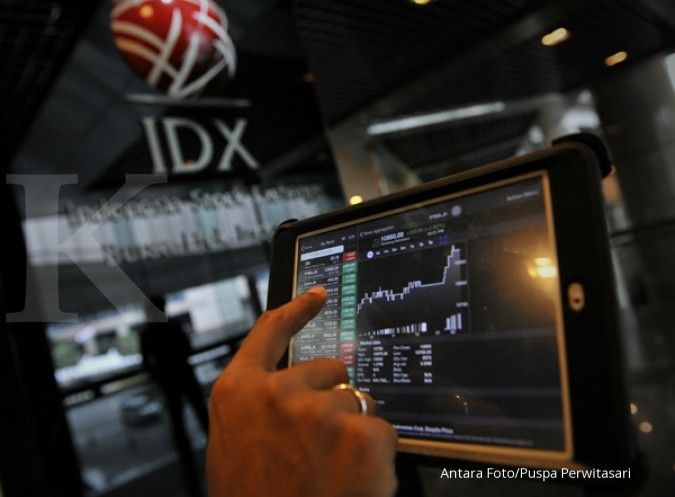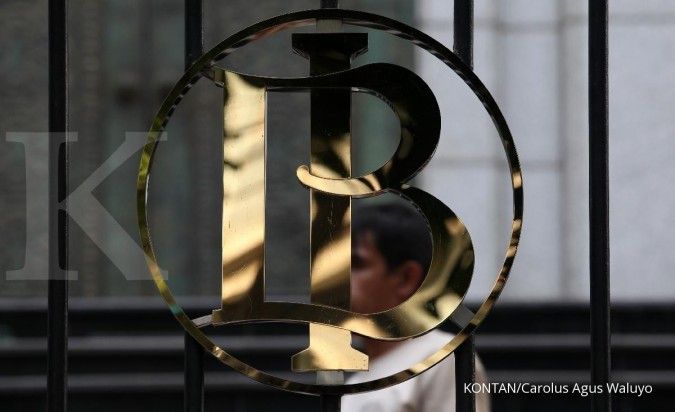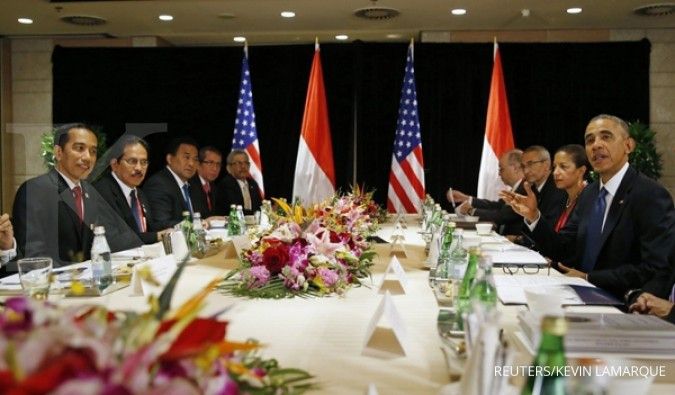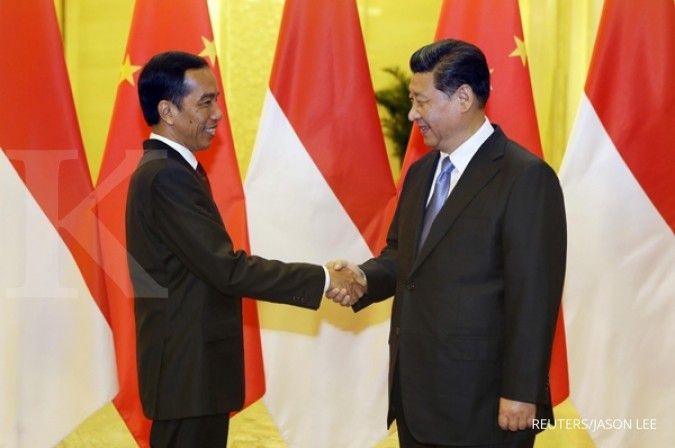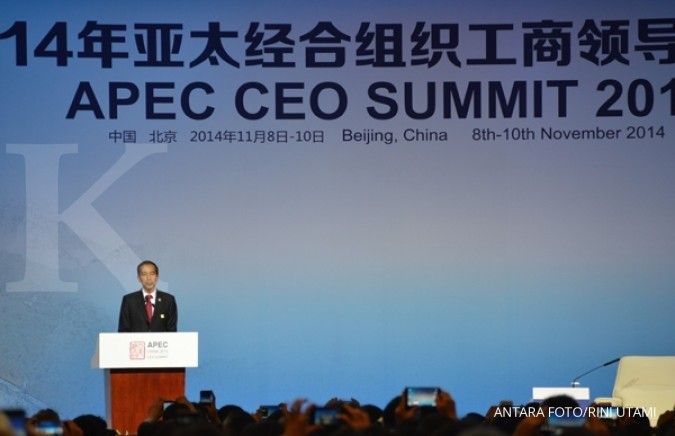NAY PYI TAW. As the ASEAN Economic Community (AEC) will begin late next year, President Joko “Jokowi” Widodo told fellow ASEAN members during the group’s summit on Wednesday that he would not allow Indonesia to become merely a market for goods produced by neighboring countries and a victim of unfair trade.
In his note to ASEAN leaders, who gathered in Myanmar’s capital Naypitaw for the 25th ASEAN summit, Jokowi said that Indonesia should play an important role in the regional and global production supply chain. “Indonesia will not allow itself to become merely a market,” Jokowi said firmly.
ASEAN — which consists of Indonesia, Malaysia, the Philippines, Singapore, Thailand, Brunei, Vietnam, Laos, Myanmar and Cambodia — agreed in 2007 to establish the AEC. The free trade agreement will be fully implemented in 2015 by all members, except Cambodia, Laos, Myanmar and Vietnam, which will fully participate in 2018.
Based on ASEAN findings regarding member countries’ readiness for the AEC in 2015, Indonesia scored poorly due to a number of non-tariff barriers imposed by other ASEAN members.
Aside from demanding the acceleration of ASEAN connectivity and investment cooperation in the manufacturing sector, Jokowi also warned that he would not allow Indonesia’s national interests to be on the losing end.
“Indonesia under my administration is open to business. But Indonesia, like other sovereign nations, should ensure that no harm is done to our national interests,” said Jokowi. “We should adhere to reciprocal principals, mutual respect, mutual benefits and fair competition in our cooperation.”
Indonesian financial sectors have been demanding reciprocal treatment, particularly from Singapore and Malaysia, where Indonesian banks cannot freely set up operations despite the ease provided by Indonesian authorities for Singaporean and Malaysian banks wishing to operate in Indonesia.
Aside from raising trade issues, Jokowi also used the event to confirm Indonesia’s commitment to ensuring stable regional security.
The South China Sea (SCS) dispute, as well as China’s growing military might and its increasing assertiveness, have posed a major threat to peace and security in the Southeast-Asian region, forcing Indonesia’s new government to push fellow ASEAN members and China for the speedy completion of a code of conduct (CoC).
For the past few years, China and ASEAN have engaged in stiff negotiations over the CoC — a binding instrument to help prevent military conflict in the dispute over the resource-rich SCS, which involves China, Taiwan, Vietnam, the Philippines, Malaysia and Brunei Darussalam.
“Particularly regarding the SCS, Indonesia appeals to all parties to refrain [from using military force] and to carry on with the implementation of the code of conduct and accelerate the settlement of the CoC,” said Jokowi.
“Indonesia believes that prosperity and peace in the region will be determined by the way we cooperate to manage the seas,” said Jokowi, adding that there should also be sincere efforts made to stamp out sources of conflict, such as fish poaching, border incursion and smuggling.
According to Cabinet secretary Andi Widjajanto, discussion on ensuring stable security in the region was high on the agenda at the summit as the President had appealed to all parties involved in the SCS row to prioritize the completion of the CoC.
“There are two points that the President has conveyed over the SCS issue: appealing for all parties to refrain from using military force and renewing the commitment to accelerate the completion of the CoC,” said Andi.
Andi said that Jokowi had also demanded that conflicting parties abide by international norms and laws while awaiting the completion of the CoC.
At a press conference in China’s capital Beijing late on Monday, Jokowi said that Indonesia would always be willing to play an active role as an honest broker.
Many have initially doubted Jokowi’s commitment to steer Indonesia, Southeast Asia’s biggest economy, into an active role in promoting stable security in the region, given the increasing domestic problems that he immediately needs to resolve.
Naypitaw was Jokowi’s second stop after Beijing, after he embarked on Saturday on a nine-day overseas trip that will end in Brisbane, Australia, on Sunday for the annual G20 summit. (Rendi A. Witular)
Investasi
/2014/11/12/1214624618.jpg)
